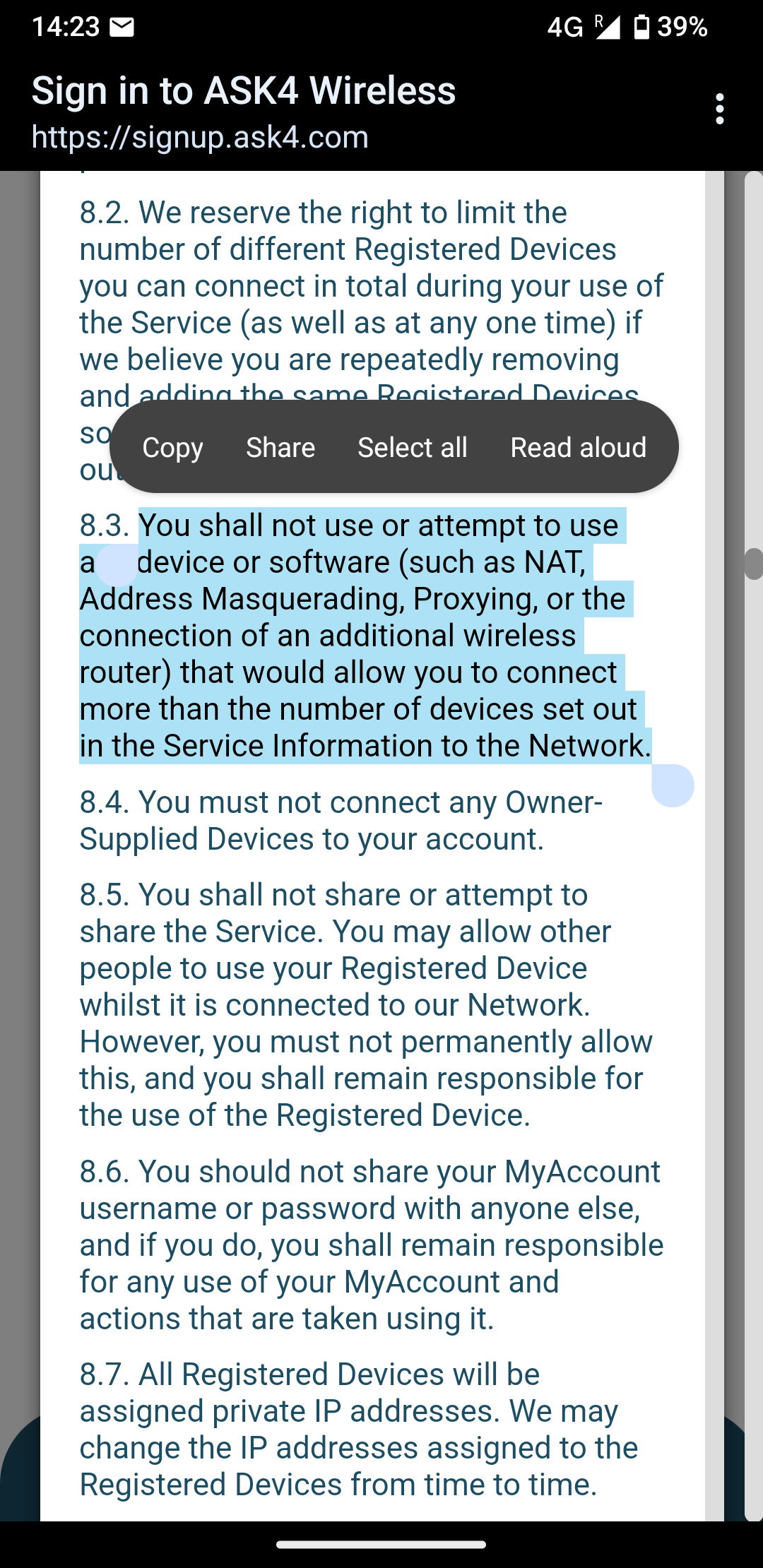this post was submitted on 07 Sep 2024
473 points (92.8% liked)
Technology
59598 readers
3495 users here now
This is a most excellent place for technology news and articles.
Our Rules
- Follow the lemmy.world rules.
- Only tech related content.
- Be excellent to each another!
- Mod approved content bots can post up to 10 articles per day.
- Threads asking for personal tech support may be deleted.
- Politics threads may be removed.
- No memes allowed as posts, OK to post as comments.
- Only approved bots from the list below, to ask if your bot can be added please contact us.
- Check for duplicates before posting, duplicates may be removed
Approved Bots
founded 1 year ago
MODERATORS
you are viewing a single comment's thread
view the rest of the comments
view the rest of the comments

If someone deploys their router using a uni network as wan then I don't see how that could affect other uni network users? I can imagine some internal services might not work behind such a router but it would be illogical of the user to blame anyone but themselves.
The post mentioned a wireless mesh network, so it sounds like the ISP/provider already has a bunch of wireless access points set up to cover the whole building. One of the problems with high-density living spaces is that there are only a limited number of communication channels WiFi can use, so if everyone living there also runs their own wireless networks they use up all the available channels and have to cross-talk over eachother, leading to everything slowing down.
If everything is set up perfectly, it should work, sure. Now how many people do you think even know the difference between WAN and LAN? You expecting the bio or art major to not make any mistakes at all? Or the business major?
But if the bio or art major can seriously affect your network then is that even their fault? What if someone had skill and malicious intent?
Lmao you are oblivious if you think it's possible to set up a network that someone CANT fuck up while having physical access to it.
It's not magic.
The point is NETWORKS ARE COMPLICATED. Users are generally dumb. The point is you don't expect them to have the knowledge to do it right. So they'll break something. Users with actual knowledge could yes, break things even worse.
That's EXACTLY why they're restricting hardware use.
Welcome to the conversation, smh
I do know from experience that networks are complicated and users are dumb, but I still think that if someone with barely any knowledge and without malicious intent can mess with your network then something's wrong with the setup.